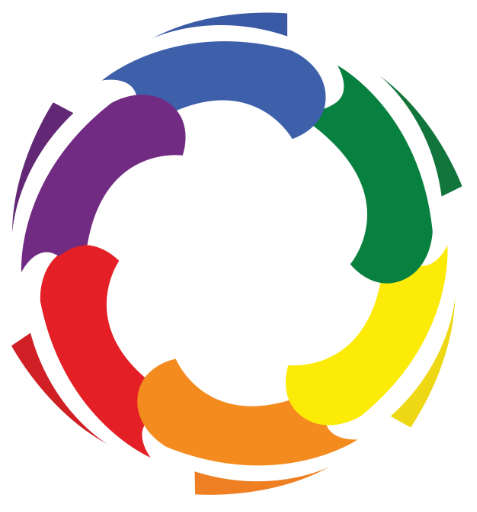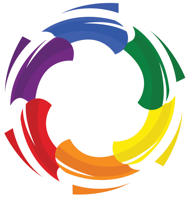The regional crowd is riotous as the APF 2014 begins, with cheers after every shout out to each ASEAN country. The conference this year is in Myanmar for the first time. Celebrating its first public gay marriage in early March, Myanmar seems to be the perfect host for recognition and change.
This year, the ASEAN SOGIE Caucus collaborated with local NGO Colour Rainbow under the Human Rights Education Institute of Burma and met with local activists.
The key to their participation at the APF is visibility. Early portions of the day were spent touching base with the various communities and committees, and making sure we were seen (in order to be heard – refer to video below!)
Throughout the plenary sessions, the question of if and when the ASEAN Human Rights Declaration will include provisions protecting the rights of LGBTIQ people remained unanswered.
We were concerned that the lack of protection and recognition of LGBTIQ persons in the AHRD would further exacerbate the rights of LGBTIQ people in the respective countries and leave them vulnerable to systematic violence and discrimination endorsed by the state.
Interestingly, the afternoon brought the second plenary session, ‘Where are the People in ASEAN 2015 Integration and Beyond?’ with panel speakers Siriporn Skrobanek from Foundation of Women, Thailand, Ton Nu Thi Ninh from The Founding Committee of Tri Viet University, Vietnam, and Dr. Syam Kamarusaman, from ASEAN Conflict Studies Center, Sain University, Malaysia. Some key issues touched on were the impacts of tension and conflicts in Southeast Asia, indigenous rights and violence against women.
During a discussion on minority women’s groups, the issue of including LBTQ women’s issues under this umbrella was raised. The panel responded with consensus that LGBTIQ issues like are too contentious for the women’s movement to support on the ASEAN platform and should be pursued and raised by the individual groups.
It has been instinct to lobby women’s groups to recognise their responsibilities towards minority women’s groups: migrant workers, sex workers, LGBTIQ issues. Resistance, however, is not unexpected. The ‘contentiousness’ of these issues has historically been used to splinter and divide women’s movements – and it is this context from which this apprehension springs. Perhaps this is an issue to watch over the next few days.
The challenges promise to be even greater with what seems to be a conservative majority to win over… Nevertheless, Day 2 of the APF brings a day chock full of workshops and a gay pride march at lunchtime! More updates soon.



